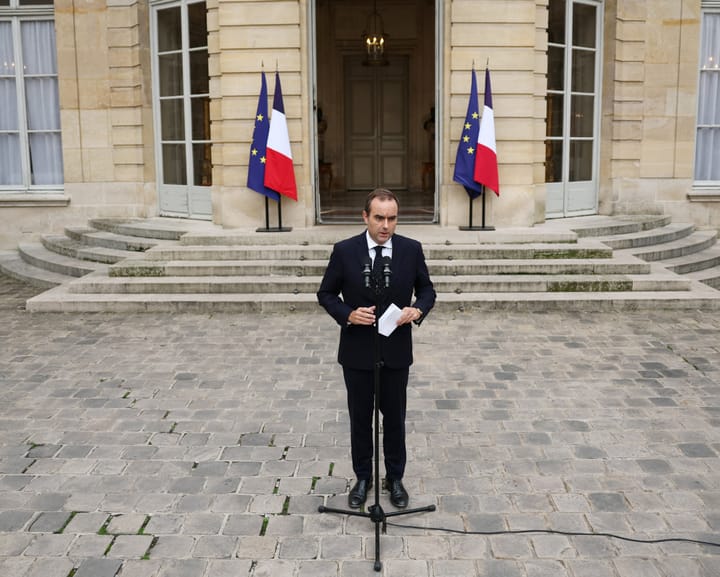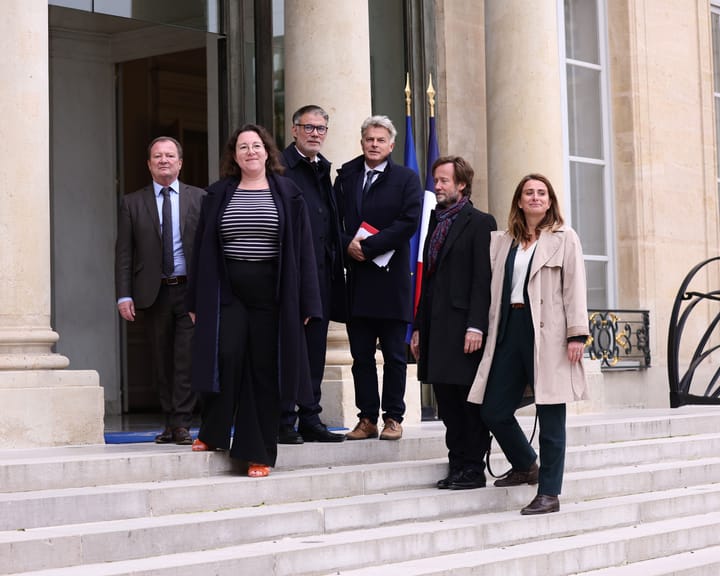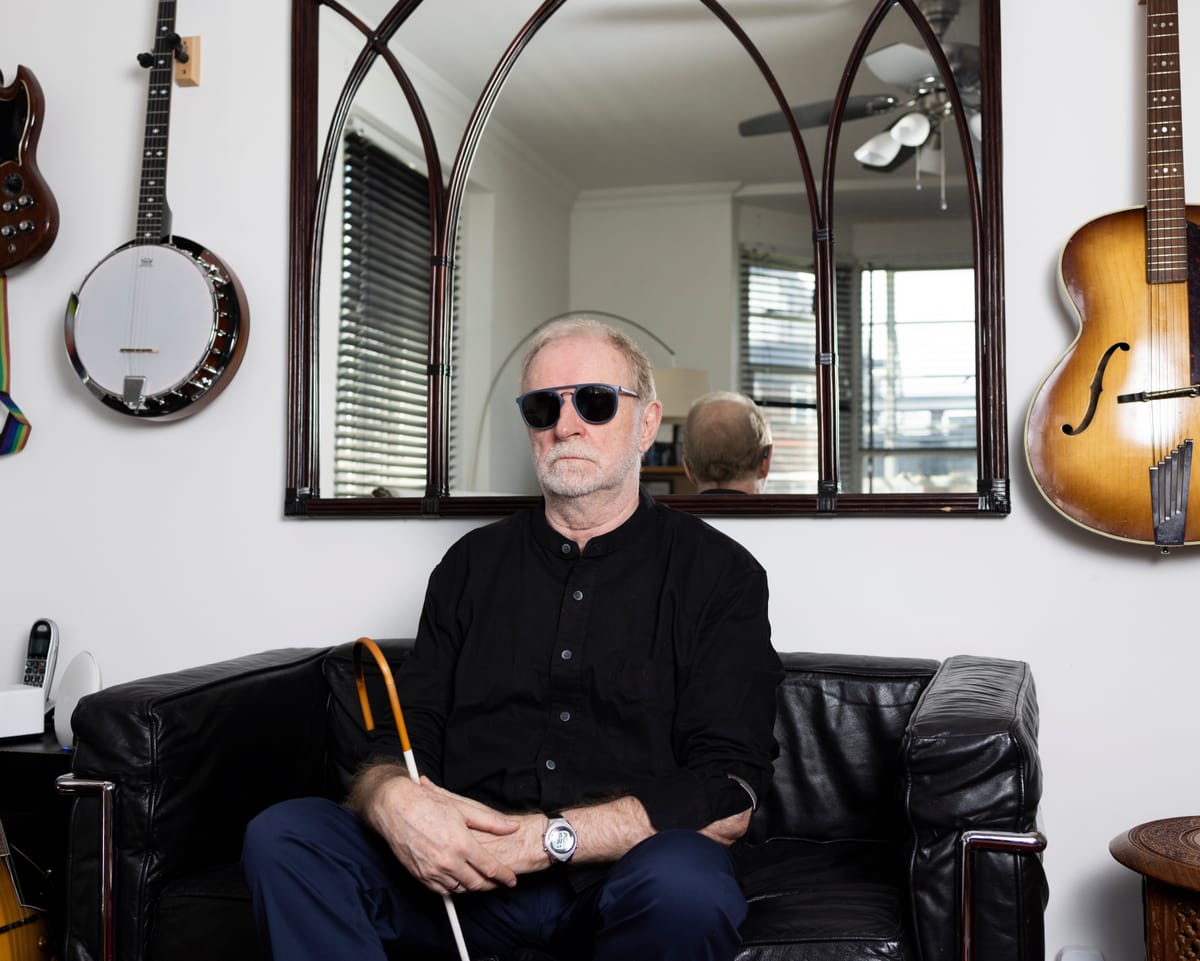Music Industry Veteran Sir Robin Millar on Overcoming Accessibility Barriers
Sir Robin Millar is not someone one would assume faces difficulties gaining entry into the music world.
With a career spanning decades, he has collaborated with some of the most renowned figures in British music, from Sade to Boy George, and counts icons like the Rolling Stones among his close acquaintances.
Yet, a recent attempt to purchase a concert ticket was an obstacle his fame could not bypass. Instead, it was his disability that created the challenge.
Millar recounts the incident with dry resignation. A venue declined to sell him a ticket for an accessible seat unless he furnished "proof of disability."
Having been registered blind as a teenager before losing his sight completely in his 30s, Millar responded sarcastically: "I told them: ‘Oh, OK, I’ll get my neighbour to photograph me walking down the corridor and smashing straight into the wall at the end. Will that do?’"
At 73, Millar has spent years confronting misunderstandings about disability and defying expectations about what he can achieve—all while establishing an illustrious career as a producer and record label owner.
While his high-profile career, past relationships, and associations with figures like the Rolling Stones make for an intriguing narrative, Millar—now chair of the charity Scope—is more focused on advocating for disability rights, welfare policies, and broader discussions on fairness and inclusion.
His commitment to accessibility—whether in employment or public spaces—stems from his own life experiences. *"I never had the option of a conventional career. All doors were shut to me,"* he says. Though not an eager activist, he fights for "the right for disabled people to live the same life as everyone else."
"I can’t think of a disability so severe that the person cannot contribute positively, given the right opportunities," he adds.
Millar grew up in north London in the 1950s and 60s, describing himself as "a frightened little skinny boy with Mr Magoo glasses." A genetic condition left his vision chronically impaired and worsening. "I couldn’t see in the dark, had tunnel vision, and saw little spots in the center of my sight," he recalls.
His childhood was marked by endless treatments—his doctor father administering vitamin injections and harsh eye drops, while his nurse mother sought out faith healers. Yet none of the remedies helped. As his eyesight declined, he struggled in school, advancing only through sheer determination. "Nobody taught me how to navigate life like this," he reflects.
Read next

"Indonesia school collapse: rescue efforts conclude with 67 fatalities"
Search Ends After Indonesian School Collapse Leaves Dozens Dead
Indonesian rescuers concluded their search on Tuesday for victims trapped beneath the rubble of a collapsed Islamic boarding school in East Java, after recovering more than 60 bodies, authorities confirmed.
The tragedy in the town of Sidoarjo struck last week when

"French PM makes last-ditch effort to save government as crisis deepens – Europe updates"
France's Political Standoff Continues as Prime Minister Seeks Cross-Party Support
France remains at a political stalemate as the outgoing prime minister, Sébastien Lecornu, makes a final attempt to gather support from rival parties for a new government.
President Emmanuel Macron assigned Lecornu, 39, to form a government in

"Macron calls emergency talks with parties to swiftly pick new PM"
Emmanuel Macron has called upon the leaders of several political factions to his office, urging them to demonstrate "collective responsibility" as he seeks to appoint a new prime minister amid growing political turmoil.
All parties except Marine Le Pen’s far-right National Rally, the largest opposition group, and

